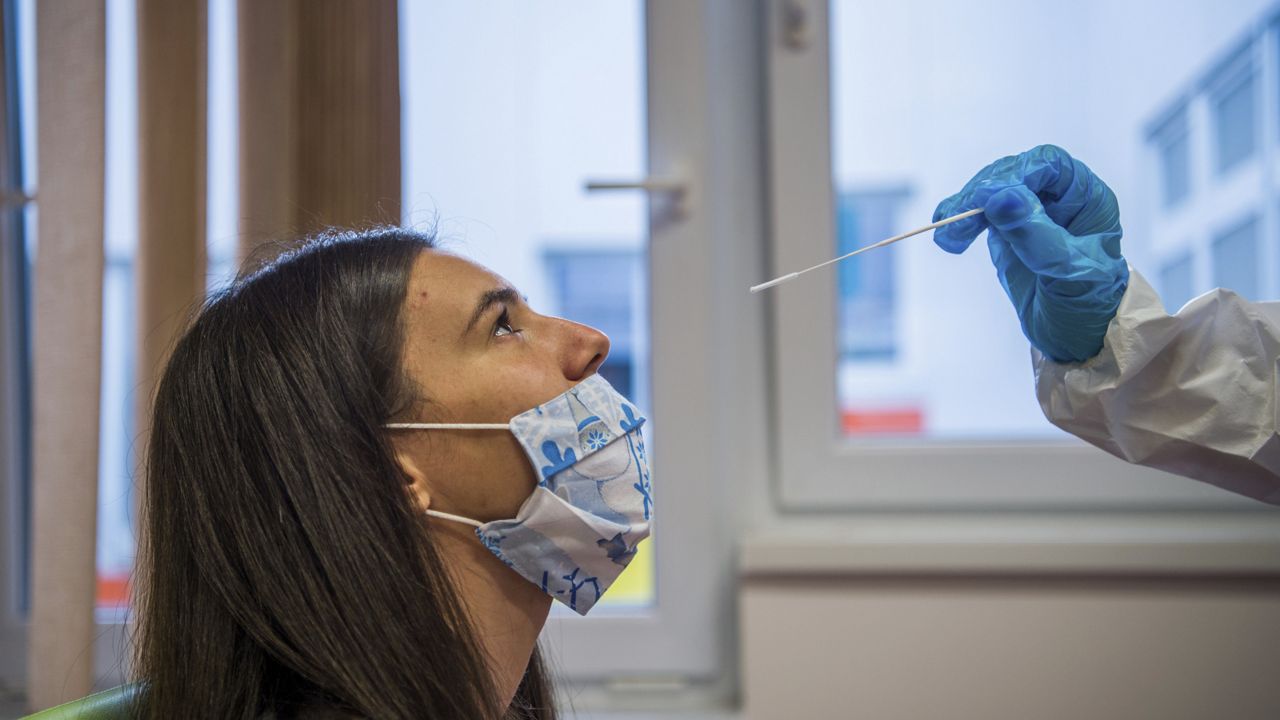Scientists believe they may have found a reason for one of COVID-19’s most notable symptoms hidden within human genes.
A new study, published in the medical journal Nature Genetics on Monday, found a connection between a specific locus – i.e. a fixed position on a chromosome – and individuals who lost their sense of taste and/or smell after contracting COVID-19.
The information came from a genome-wide association study with data garnered from over 1 million customers of the genetic testing company 23andMe. Of the 69,841 individuals who reported testing positive for COVID-19, around 68% said they lost their sense of taste or smell. The symptom was reported more frequently amongst women at 72% versus men at 61%.
Scientists discovered that UGT2A1 and UGT2A2, two enzymes found in nose tissue that help the olfactory system metabolize odorants, might play a role in the difference between those who reported loss of taste and smell and those who did not. The findings "provide a genetic link to the biological mechanisms underlying COVID-19-related loss of smell or taste," authors wrote in part.
“It was this really beautiful example of science where, starting with a large body of activated research participants who have done this 23andMe test, we were able to very quickly gain some biological insights into this disease that would otherwise be very, very difficult to do,” the study's lead author, Adam Auton, said in a statement to NBC News.
The study also found that “individuals of East Asian or African American ancestry were significantly less likely to report loss of smell or taste … relative to individuals of European ancestry,” but were unable to identify a cause for the observation.
Experts were similarly unable to determine how the UGT2A1 and UGT2A2 genes were involved in the process of sensory loss – but said “given their localization and essential function in metabolizing and detoxifying such compounds, these genes may play a role in the physiology of infected cells and the resulting functional impairment that contributes to loss of ability to smell.”
Scientists posit that as the SARS-CoV-2 accumulates in the nasal cavity, olfactory sensations can become impaired as the cells’ normal functions are disrupted, leading to a potential loss of taste or smell.
The study’s authors noted a number of potential limitations of the study, one being that individuals of European descent were overrepresented in the data set; the study also looked at loss of taste and smell as one symptom rather than two, meaning they could not “further disentangle” the reasoning between loss of either sense.
“Loss of smell without loss of taste may be distinct from loss of both or loss of taste without loss of smell,” the authors noted. “Given this, it is unclear if our findings relate more strongly to one symptom or the other.”
The loss of either taste or smell might also be variant-specific, and some scientists have noted that the highly-transmissible omicron strain of COVID-19 might not trigger those same symptoms as often as previous variants.



